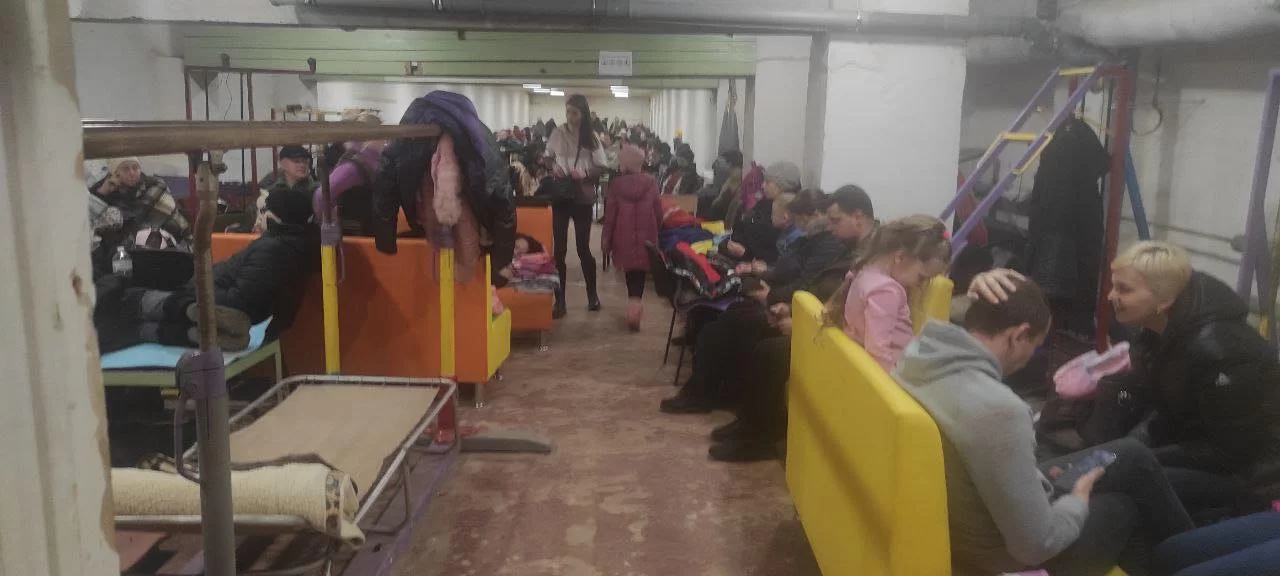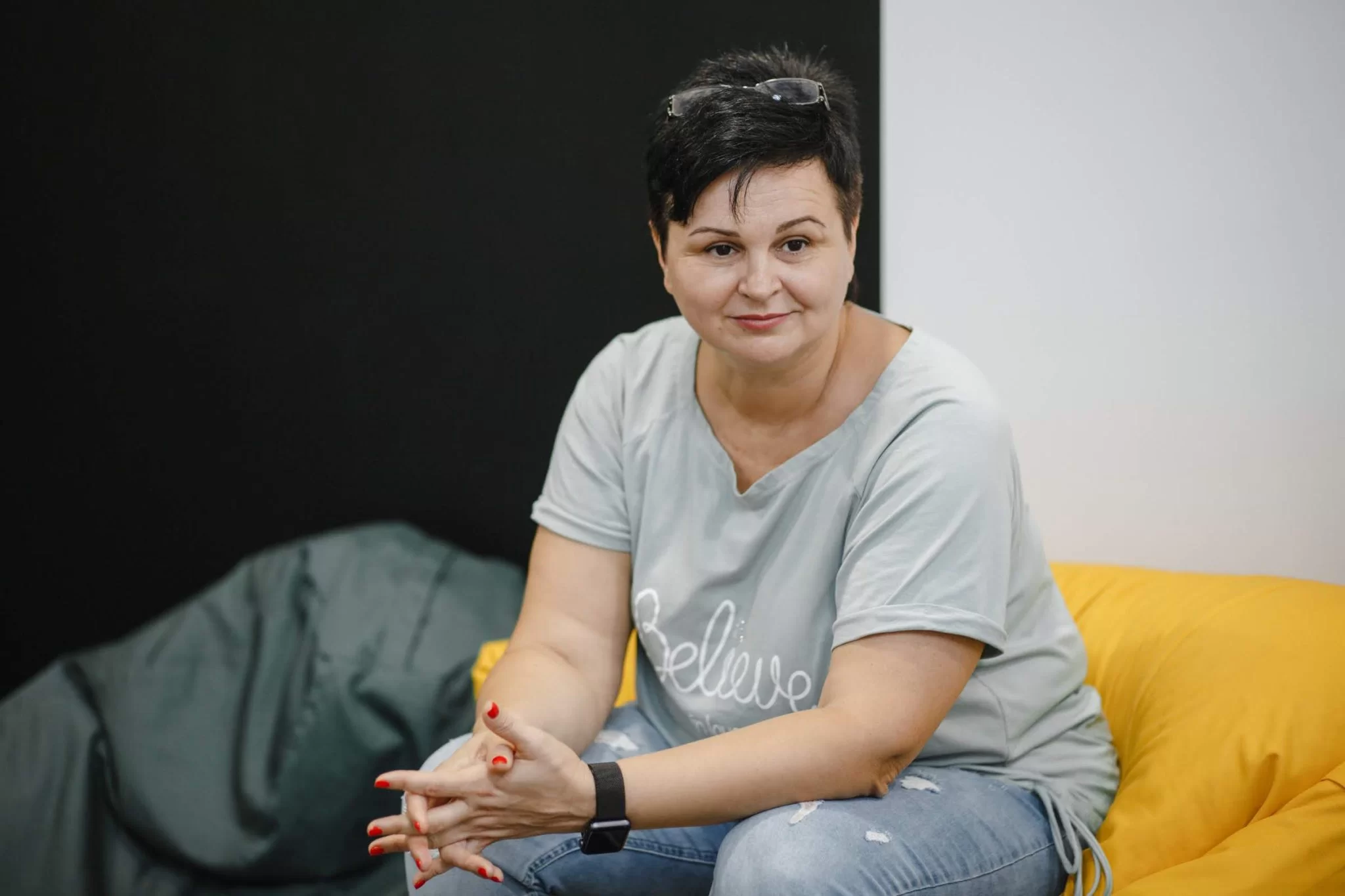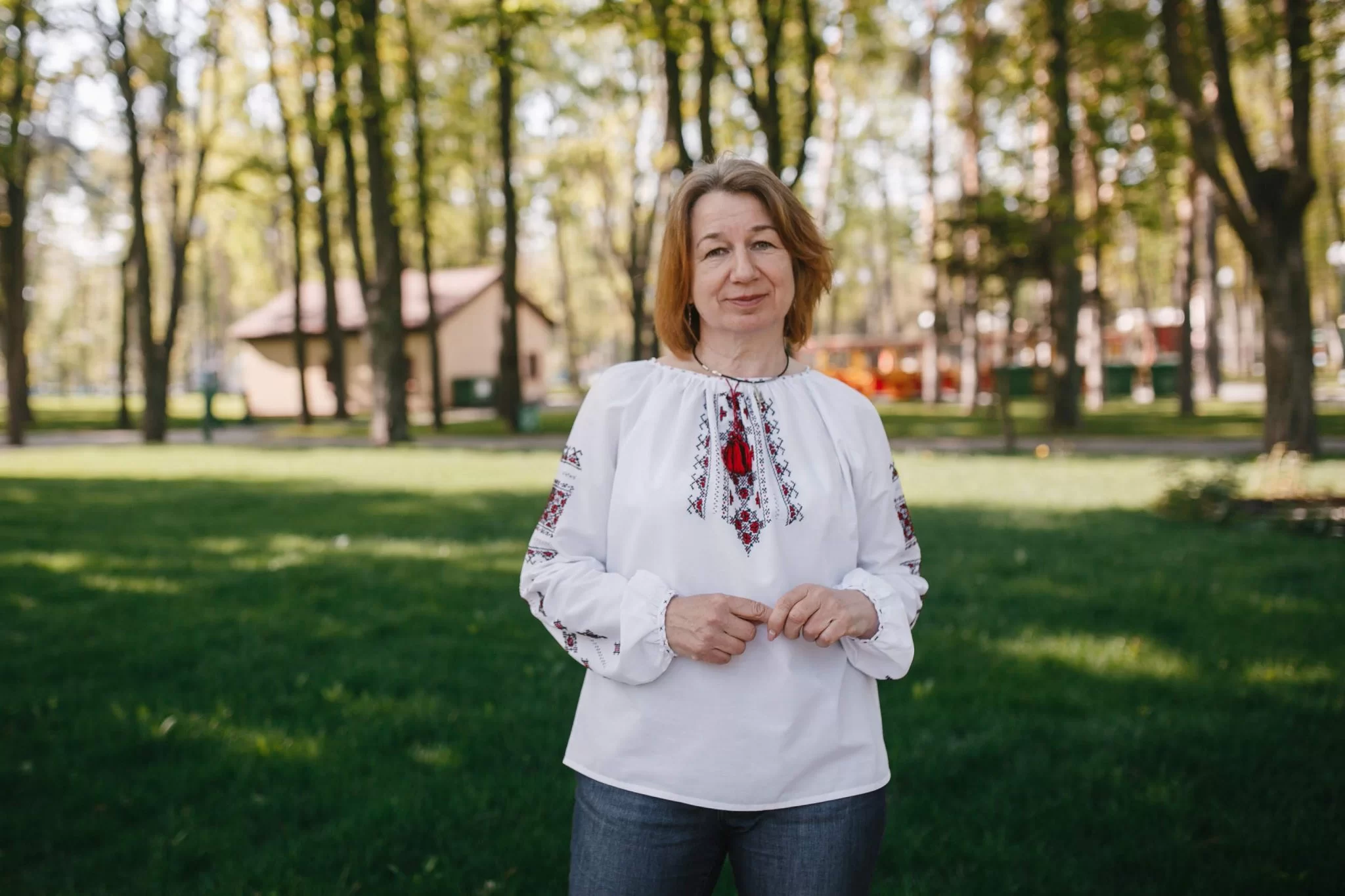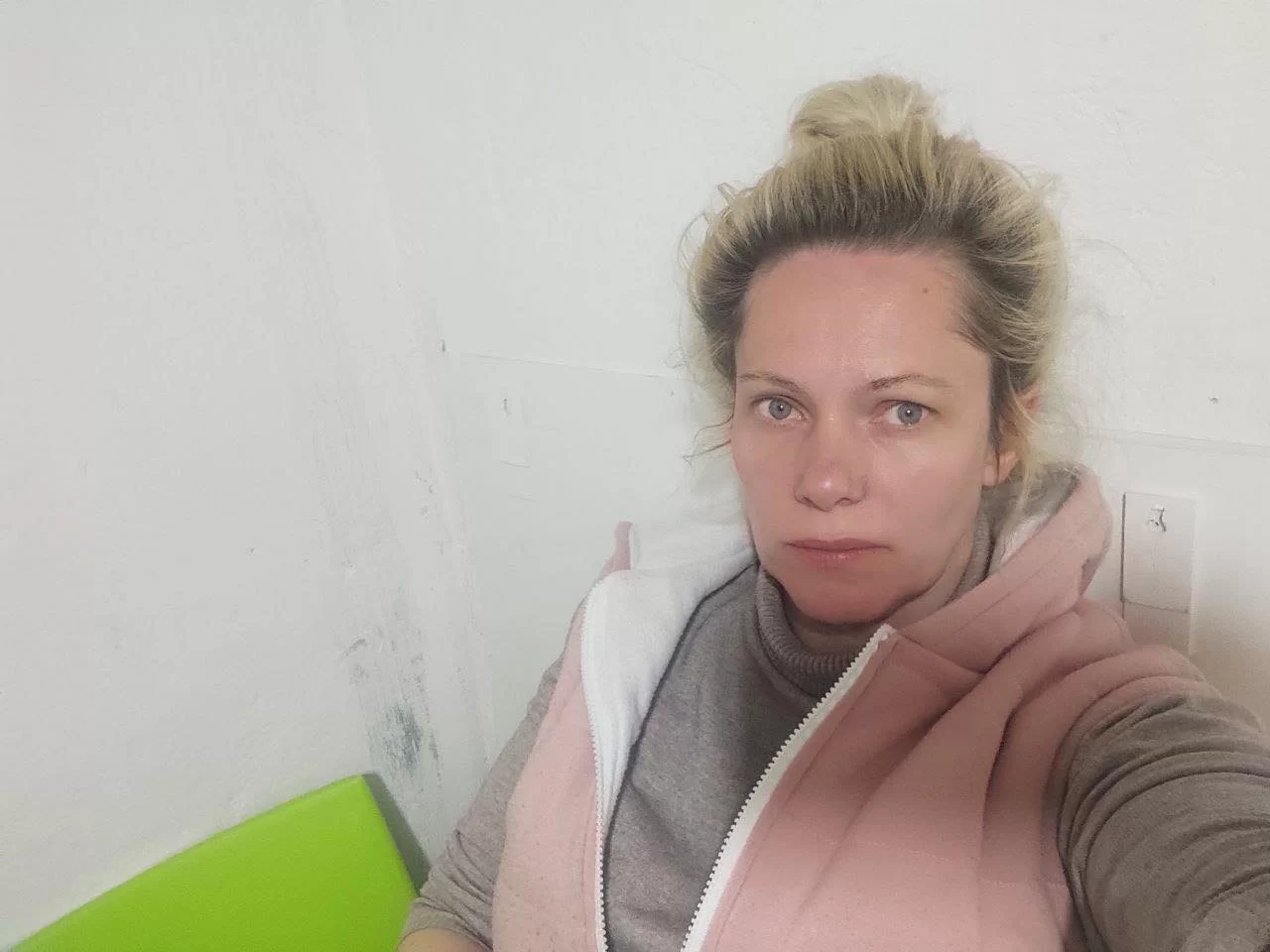The war brought changes to the educational process. At the beginning of the invasion, school premises were turned into shelters. In other cities, teachers and children had to be evacuated under Russian shelling. In the darkest hour, teachers continued to conduct lessons, taught children psychological stability and calmed them down at the sounds of explosions.
‘Bukvy’ present the stories of the Ukrainian teachers during the war told by EdCamp Ukraine.
Svitlana Stelmakh, History teacher from Kherson
Kherson region was occupied during the first days of the full-scale invasion. At that time, education in Kherson schools was stopped, but from mid-March, it was resume in an online format. Svitlana Stelmakh, a history teacher at one of the city’s schools, did not evacuate immediately and continued to work in the city.
‘When classes resumed, I had a question, how to teach the history of Ukraine in the occupied territory? In addition, the online format is not protected from third parties, anyone can log in under the child’s name. Therefore, we decided that we will work with links to video materials, and such subjects as mathematics and physics will be taught online. There were cases when the occupiers visited colleagues at distance lessons, threatened teachers and children, and cursed obscenely.’
During the occupation, Svitlana and her husband actively volunteered — they searched for medicine for the sick, helped children who stayed in shelters, and fed homeless dogs every day. After two months of living in the occupation, Svitlana evacuated to Kryvyi Rih.
Svitlana Stelmakh asked not to publish her story before the liberation of the city, because her relatives remained in Kherson. However, she never learned about the liberation. A few months after the evacuation, Svitlana died due to a serious illness. Her condition was affected by the events experienced during the occupation.
Valentyna Fedoriaka, Math teacher from Poltava region
Valentina Fedoriaka works as a Mathematics teacher in Poltava region. The war is very close to her, because she has been experiencing it since 2014, when her husband died while defending the town of Shakhtarsk. When the full-scale invasion began, Valentina joined the volunteer community in the city to help the former students who are now on the frontline.
‘Our graduate, 27-year-old Vladyslav, was working abroad. When he learned about the war, he immediately returned and joined the army. He died. Another graduate, Ivan, who has just turned 18, signed a contract and is now at the frontline.’
Many Ukrainians evacuated to Poltava region from the frontline areas, so she helps their children adapt to the new school. Valentyna supports students whose parents are at the front.
Olena Yakovchuk, Math teacher and headmaster from Chernihiv
During the intensive shelling of Chernihiv at the beginning of the war, Olena’s school turned into a shelter for many citizens, and the teachers became the coordinators of providing assistance to those who needed it.
‘Our school has two basements, after the first air raid alarm I put my phone number at the central entrance and we organized shelters in them. Within two days, both basements were filled with people. When the most terrible shelling of the city began, we did not stop arranging life for people, calmed the children and solved the problems of individual families.’
Teachers of the school also cooked food for the Ukrainian military. Later, they restored lessons.
‘There was a day when the sun came out after the cold, so we took the flip chart outside, took markers and started a math lesson for the 8th and 9th grades. I was talking about quadratic equations, a banal topic for an experienced teacher. Towards the end of the lesson, I realized that I had forgotten about the war, shelling and danger. Because I was doing my favorite thing – teaching, and it inspired me.’
Halyna Kuklina, headmaster from Kharkiv
Halyna is the headmaster of the school for children with visual impairments. She experienced all the terror of the Russian invasion with air and artillery strikes.
‘I saw how Russian troops were destroying Kharkiv districts. On March 1, we sent children to evacuation, and on March 2, another school in the area was completely destroyed.’
During the war, Halyna’s school became a shelter for the townspeople. There was no heating and electricity due to the Russian shelling.
‘I do my best to make life easier for people here in Kharkiv. If you do something, you live. I cannot just sit. I wanted to enroll in the territorial defense unit, but they told me that I had other tasks. My task is to be a teacher.’

 Creative director of ROA Patrick Stengbye talking about the shoes he chooses for running, what the brand will surprise us with in 2024 and President Zelensky’s style
Creative director of ROA Patrick Stengbye talking about the shoes he chooses for running, what the brand will surprise us with in 2024 and President Zelensky’s style 







